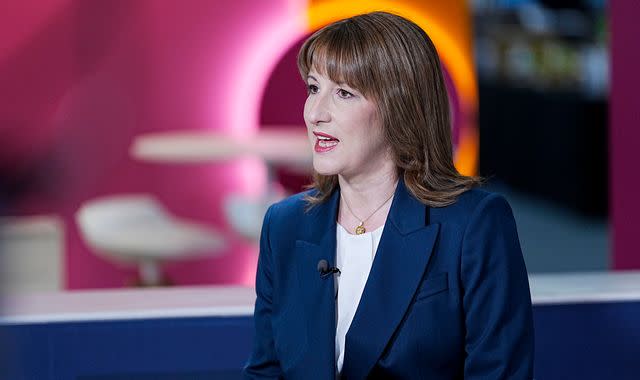The Fabian Society has called on chancellor Rachel Reeves to raise £12bn in next month’s budget by extending the freeze on income tax thresholds for a further two years.
The Labour-aligned thinktank argues the move would be the best available option to plug a growing gap in the public finances following weaker economic forecasts.
Reeves is expected to announce her 26 November financial statement facing a shortfall of between £10bn and £30bn, after the Office for Budget Responsibility downgraded UK growth projections.
Extending the freeze, the Fabians say, would help meet the government’s fiscal rules while avoiding more politically risky measures.
Thresholds have been frozen since 2022, after then-chancellor Rishi Sunak opted not to raise them with inflation. The policy, later prolonged by Jeremy Hunt, is already set to raise an extra £45bn a year by 2027/28 because more workers are being dragged into higher tax bands as wages rise. Under current rules, the 40% rate applies to earnings above £50,271.
Fabian Society general secretary Joe Dromey acknowledges the political risks particularly as Reeves herself previously criticised the policy as one that “hurts working people”. But he argues it remains the most progressive option available. “Half of the revenue would come from the highest-earning fifth of households, while the poorest fifth would contribute just 4%,” he writes, adding that extending the freeze offers a fair way to raise over half the funding she needs.
The proposal sits alongside a menu of tax options in the Fabians’ new pamphlet, Taxing Questions. Treasury select committee chair Meg Hillier, writing in the foreword, warns Reeves against relying on untested new taxes such as wealth or property levies to raise large sums quickly.
However, another Labour MP, Liam Byrne, uses the same report to advocate tougher taxation on wealth, including reforms to inheritance tax and property charges, to tackle long-term inequality.



